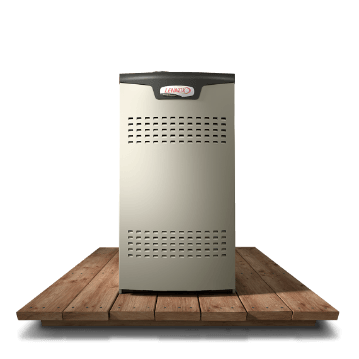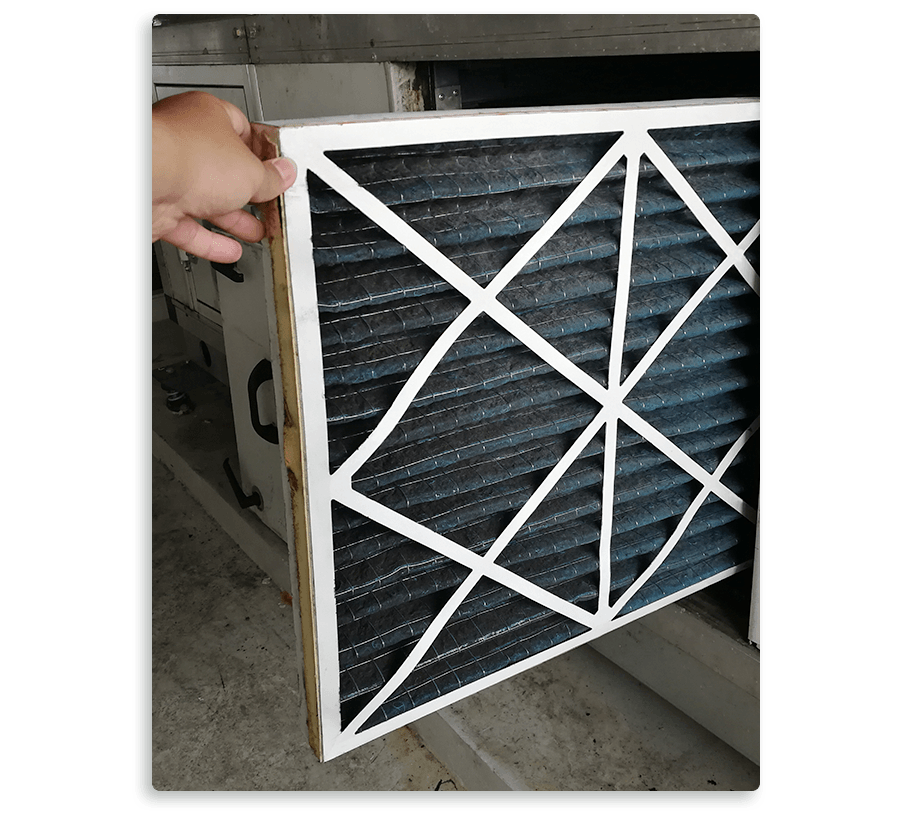When your electrical furnace in Concord, CA, starts showing signs of trouble, it’s important to understand what could be going wrong. Electric furnaces, while efficient and reliable, can still develop a variety of issues that affect performance. Problems with your furnace can range from minor inconveniences to major system failures. Knowing what to look for when assessing electric furnaces for houses in your area helps us ensure prompt repairs.
Electric Furnace Repair & Replacement in Concord, CA
$50 OFF Any Service Or Repair
Call For Details


Common Electrical Furnace Problems
Electrical furnaces, like all heating systems, have various components that can malfunction over time. One of the most common issues is a faulty heating element. The heating element is responsible for generating the heat that warms your home. If it burns out or becomes damaged, your furnace won’t be able to produce the necessary warmth. This often results in your system blowing cool air instead of heat, leaving your home uncomfortable.
Another frequent issue involves the blower motor. The blower circulates warm air throughout your home, and when it fails, air won’t move through the ductwork properly. A broken blower motor can cause weak airflow or no airflow at all. Sometimes, the issue is not with the motor itself but with the belts or bearings that help it function. These parts can wear down over time, leading to noisy operation or complete motor failure.
Thermostat malfunctions are another common problem. If the thermostat isn’t working correctly, it can send the wrong signals to your furnace, causing it to heat inconsistently or not at all. Thermostat issues can also lead to your system cycling on and off too frequently, which not only affects comfort but can also put a strain on the furnace’s internal components.
Electrical issues are a major concern with electric furnaces. Because these systems rely entirely on electricity, problems with the wiring, fuses, or circuit breakers can cause your furnace to shut down unexpectedly. Short circuits or blown fuses can stop your furnace from powering on, while loose or frayed wires can create safety hazards.
Aside from the core components, other issues can develop in your electric furnace over time. Dirty or clogged filters can obstruct airflow, forcing your furnace to work harder and potentially causing overheating. Overheating can trigger the furnace to shut down the system to prevent damage, leaving you without heat until the problem is resolved.
Additionally, the control board in an electric furnace can malfunction. This board controls various functions of the furnace, and when it fails, you may experience erratic behavior, such as the system not responding to thermostat settings or not turning on at all.
- Rattling, squealing or buzzing sounds
- Excessively high electricity bills
- Inconsistent or inadequate heating
- Short cycling
- Weak or no air flow
Reliable Electric Furnace for Houses in Concord
At Environmental Heating & Air Solutions, we understand how frustrating furnace problems can be. That’s why we offer expert electrical furnace repair and replacement services in Concord. Our NATE-certified technicians address everything from minor malfunctions to major breakdowns. You can count on us to provide reliable repair services for electric furnaces in houses in your area.
Need electrical furnace services in Concord? Contact Environmental Heating & Air Solutions today!
Also, discover our gas furnace services!
